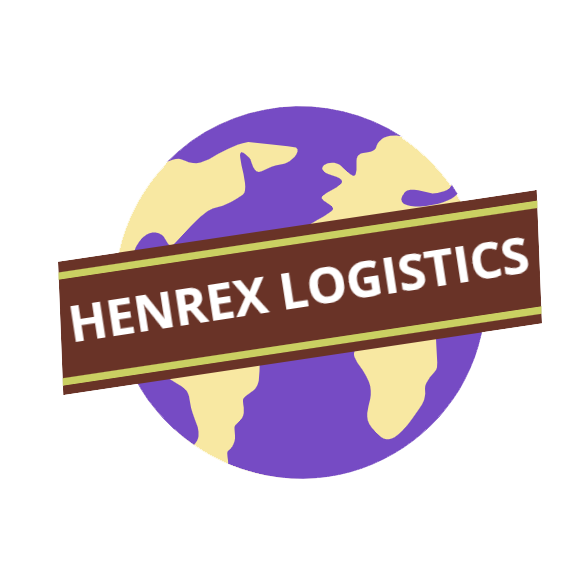A transportation management system (TMS) is a logistics platform that uses technology to help businesses plan, execute, and optimize the physical movement of goods, both incoming and outgoing, and making sure the shipment is compliant, proper documentation is available. This kind of system is often part of a larger supply chain management (SCM) system.
Sometimes known as a transportation management solution or transportation management software, a TMS provides visibility into day-to-day transportation operations, trade compliance information and documentation, and ensuring the timely delivery of freight and goods. Transportation management systems also streamline the shipping process and make it easier for businesses to manage and optimize their transportation operations, whether they are by land, air, or sea.
Why it’s important to have a transportation management system
Transportation management systems play a central role in supply chains, affecting every part of the process—from planning and procurement to logistics and lifecycle management. The broad and deep visibility afforded by a powerful system leads to more efficient transportation planning and execution, which results in higher customer satisfaction. That, in turn, leads to more sales, helping businesses grow. With such a dynamic global trade environment that we live and transact in, it is important to have a system that will allow you to successfully navigate complicated processes around trade policies and compliance.
Who Uses a TMS?
Transportation management systems are primarily used by businesses that need to ship, move, and receive goods on a regular basis, including:
- Manufacturers
- Distributors
- Ecommerce companies
- Retail businesses
- Companies that provide logistics services, such as third-party and fourth-party logistics (3PL and 4PL) companies and logistics service providers (LSPs)
Businesses in nearly every industry, from construction to life sciences, use a transportation management system. The primary users are businesses that spend $100 million or more annually on freight, but the availability of cloud-based TMS solutions has made it more affordable for smaller businesses to take advantage of the benefits of incorporating a transportation management system into their supply chain.
TMS offerings
Businesses can buy a standalone transportation management system that can be integrated with their existing cloud or on-premises enterprise resource planning (ERP) software and SCM solutions. Some TMS solutions have trade documentation capabilities, or you can complement your TMS with a global trade management (GTM) application. Other, typically less feature-rich TMSs, are available as modules within ERP and SCM suites.
Plan, execute, and optimize for timely delivery of goods
A TMS can help any business plan, execute, and optimize the physical movement of goods.
Planning
A TMS helps the business select the optimal mode of shipment and the best carrier, based on cost, efficiency, and distance, including optimizing multi-leg carrier routes. A strong TMS can provide visibility into every stage of the supply chain, and together with global trade management functionality, it can also provide information on trade and tariffs, and if there are any potential delays that may happen because of customs and other trade regulations.
Execution
The execution features of transportation management systems vary widely but can include matching loads and communicating with carriers, documenting and tracking shipments, and assisting with freight billing and settlement. Some advanced TMS solutions also provide track and trace services—enabling real-time information exchange among carriers, distributors, warehouses, and customers. Such advanced systems may also have the functionality to handle complex international logistics, including providing proper import and export documentation making sure shipments are trade compliant.
Optimization
TMS optimization capacities usually include the ability to measure and track performance with reports, dashboards, analytics, and transportation intelligence.
The benefits of a TMS
A TMS—and modern transportation management in general—provides many benefits to businesses. Some of the top benefits are:
- Reduced costs for the business and the end customer
- Simplification of supply chain processes across geographies, modes, and carriers
- Automation of business operations for faster and more accurate billing and documentation
- Improvement in visibility and security, especially in transit
- Time savings—fewer manual steps result in fewer delays and faster delivery times
- The ability to track freight, both locally and globally, on a single platform
- Better import and export compliance minimizing penalties and shipment delays
- New business insights as better reporting leads to faster action and process improvement
- Improvements in customer service and customer satisfaction with real-time updates and fewer shipment delays
- The ability to scale the business by meeting and exceeding customer demands for fast, on-time shipments


Leave a reply